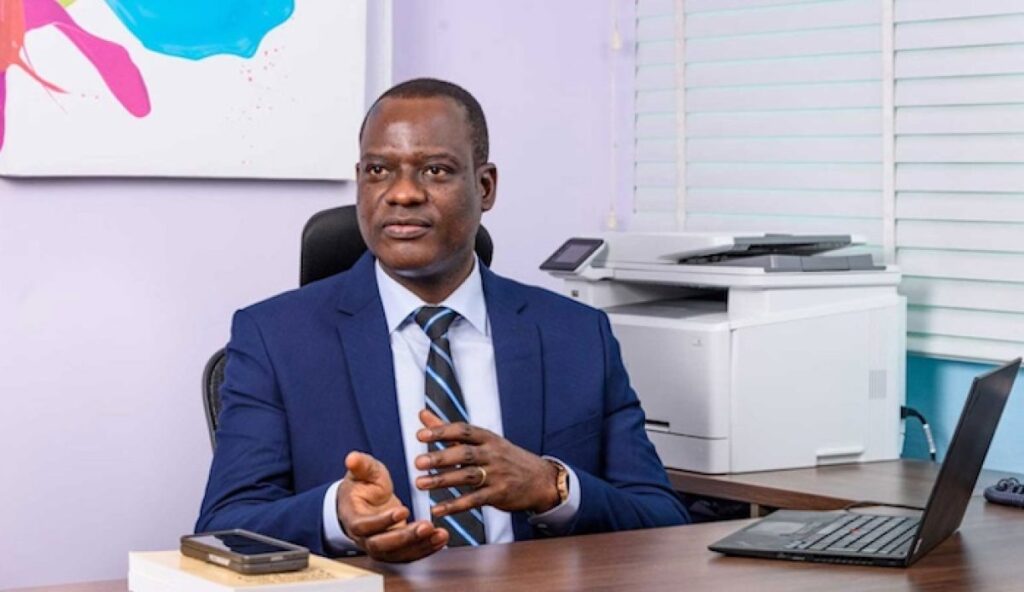-
Says it’s To Fund Transport Infrastructure
- Safiu Kehinde
The Chairman of the Presidential Committee on Fiscal Policy and Tax Reforms, Taiwo Oyedele, has given more details on the fuel tax law introduced under the President Bola Tinubu Tax Reforms policy.
Recall that Tinubu had introduced a five percent surcharge on petrol and diesel sales.
The surcharge is contained in the newly signed Nigeria Tax Administration Act, one of four tax reform bills signed into law by President Bola Tinubu on June 26, 2025.
According to reports, the regulation requires that the surcharge be applied to every supply or sale of refined fossil fuel products in Nigeria, whether locally produced or imported, with the money collected at the point of sale.
Despite the exemption of cleaner fuels such as renewables, household kerosene, cooking gas (LPG), and compressed natural gas (CNG) the had sparked public debate and mixed reactions from business owners and policy analysts.
As against reports of imposition of the surcharge by January 2026, Oyedele, a recent interview with the State House Media, disclosed that there is no specific date yet for the imposition of the surcharge.
He explained that the Minister of Finance, Wale Edun, is the one to decide when to implement the surcharge.
Meanwhile, Oyedele held that the surcharge had long been enacted in a law under the Federal Road Maintenance Agency (FERMA) Act.
He explained that the intention of integrating it into the tax law is to fund transportation infrastructures across the country to aid reduction in cost of transporting items and drastically reduce inflation.
“What we have is that there is a law that was enacted some years back with a surcharge on fuel under the FERMA Act.
“This is a position that is now in the new tax law, and it does not take effect as from January 2026- I know some people have been giving wrong information about this.
“What is in the new tax law is that this surcharge will take effect on a date in the future based on an order to be released by the Minister of Finance.
“And we do know that the Minister of Finance is responsible enough to determine when it is appropriate to do so.
“The intention is earmark and dedicate the revenue from this tax into providing transport infrastructure that can reduce the cost of transporting items, logistics and overall bring down inflation for the Nigerians.” Oyedele explained.


